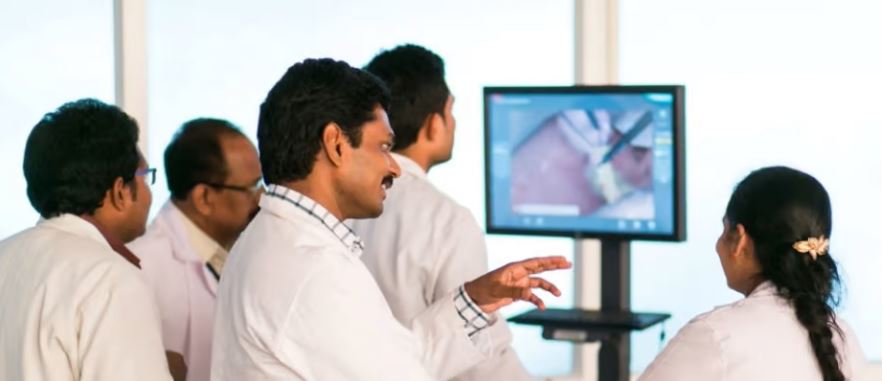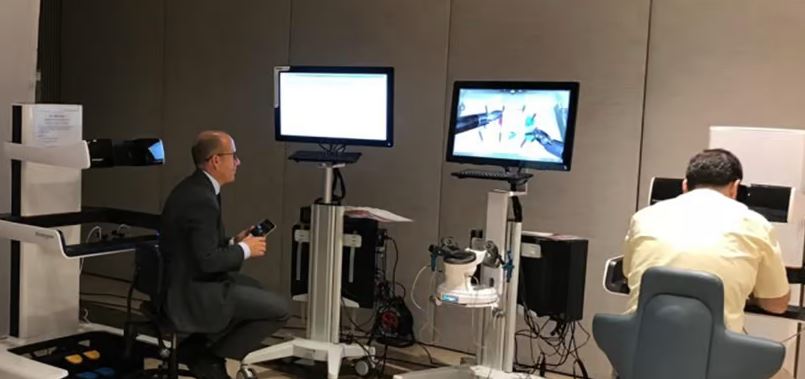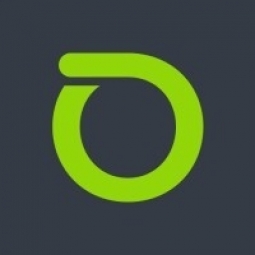下载PDF
Canadian Board of Education IT Teams Collaborate to Improve Network Security and Performance with NETSCOUT Solution
技术
- 网络与连接 - 网络管理和分析软件
- 网络安全和隐私 - 网络安全
适用行业
- 教育
适用功能
- 商业运营
用例
- 网络安全
服务
- 系统集成
- 网络安全服务
挑战
加拿大某市的教育委员会 (BOE) 面临着新学校增加带来的挑战,新学校增加了网络流量和 IT 数据中心的链接,可能导致链接超额订阅。BOE 的 IT 团队发现需要更新网络容量管理解决方案。此外,管理学生人数带来了信息安全挑战,而 BOE 的 IT 安全团队负责监督学校系统网络和资源的网络安全。网络运营团队联系了 NETSCOUT,希望通过协调容量规划来解决潜在的数据中心和网络链接超额订阅问题。
关于客户
教育委员会 (BOE) 负责管理加拿大某城市的学校系统,该城市有超过 10 万名学生,高度重视为从幼儿园到 12 年级的学生提供个性化学习。配备最先进的设施是其首要任务,自 2016 年以来以及即将到来的学年,已有数所新建和升级的学校投入使用。在监督城市学校系统时,BOE 负责监督学术规划和课程交付、特定年级的标准化测试和设计以及设施管理,以及提供必要的信息技术 (IT) 服务以支持学生、管理员和教育工作者。BOE 章程授权该组织自行决定在城市学校部署的 IT 解决方案。在支持学校系统方面,IT 运营包括两个数据中心和一个总部设施。
解决方案
为了将网络流量分配到 InfiniStream 设备和新的安全工具,BOE IT 团队选择了 NETSCOUT nGenius 3900 系列数据包流交换机 (PFS) 和 NETSCOUT Taps。预算考虑在为这所公立学校 BOE 引入新技术时发挥了一定作用。在对需求和功能进行全面评估后,BOE 的 IT 人员确定了 NETSCOUT PFS 技术将提供的好处和成本优势。由于 NETSCOUT PFS 和 TAP 技术为网络运营和安全团队提供了解决方案,IT 组织达成了一项内部协议,共同出资购买流量聚合解决方案。NETSCOUT 和 IT 团队随后共同确定了需要监控的链接数,从而产生了一个完全架构的 PFS 流量解决方案,其中包括许多 NETSCOUT TAP。
运营影响
相关案例.

Case Study
IoT platform Enables Safety Solutions for U.S. School Districts
Designed to alert drivers when schoolchildren are present, especially in low-visibility conditions, school-zone flasher signals are typically updated manually at each school. The switching is based on the school calendar and manually changed when an unexpected early dismissal occurs, as in the case of a weather-event altering the normal schedule. The process to reprogram the flashers requires a significant effort by school district personnel to implement due to the large number of warning flashers installed across an entire school district.

Case Study
Revolutionizing Medical Training in India: GSL Smart Lab and the LAP Mentor
The GSL SMART Lab, a collective effort of the GSL College of Medicine and the GSL College of Nursing and Health Science, was facing a challenge in providing superior training to healthcare professionals. As clinical medicine was becoming more focused on patient safety and quality of care, the need for medical simulation to bridge the educational gap between the classroom and the clinical environment was becoming increasingly apparent. Dr. Sandeep Ganni, the director of the GSL SMART Lab, envisioned a world-class surgical and medical training center where physicians and healthcare professionals could learn skills through simulation training. He was looking for different simulators for different specialties to provide both basic and advanced simulation training. For laparoscopic surgery, he was interested in a high fidelity simulator that could provide basic surgical and suturing skills training for international accreditation as well as specific hands-on training in complex laparoscopic procedures for practicing physicians in India.

Case Study
Implementing Robotic Surgery Training Simulator for Enhanced Surgical Proficiency
Fundacio Puigvert, a leading European medical center specializing in Urology, Nephrology, and Andrology, faced a significant challenge in training its surgical residents. The institution recognized the need for a more standardized and comprehensive training curriculum, particularly in the area of robotic surgery. The challenge was underscored by two independent studies showing that less than 5% of residents in Italian and German residency programs could perform major or complex procedures by the end of their residency. The institution sought to establish a virtual reality simulation lab that would include endourological, laparoscopic, and robotic platforms. However, they needed a simulator that could replicate both the hardware and software of the robotic Da Vinci console used in the operating room, without being connected to the actual physical console. They also required a system that could provide both basic and advanced simulation training, and a metrics system to assess the proficiency of the trainees before they performed surgical procedures in the operating theater.

Case Study
Edinburgh Napier University streamlines long-distance learning with Cisco WebEX
• Geographically dispersed campus made in-person meetings costly and inconvenient.• Distance-learning programs in Malaysia, India, and China required dependable, user-friendly online tools to maximize interaction in collaborative workspaces.• Virtual learning environment required a separate sign-in process, resulting in a significant administrative burden for IT staff and limited adoption of collaboration technology.

Case Study
8x increased productivity with VKS
Before VKS, a teacher would spend a lot of time showing a group of 22 students how to build a set of stairs within a semester of 120 hours. Along with not leaving the teacher much time to provide one-on-one support for each student to properly learn carpentry, it also left a considerable amount of room for error. Key information would be misinterpreted or lost as the class was taught in the typical show-and-tell way.

Case Study
Scalable IoT Empowering GreenFlex's Sustainable Growth
GreenFlex, a company that supports sustainable development, decarbonization, and energy efficiency, faced several challenges in its quest to expand its business. The company needed to deploy a robust and sustainable IoT technology to support its growth. It was crucial for them to monitor and control devices at customer sites in a safe and reliable manner. They also needed to integrate devices across a range of communication protocols and gather and act on data to meet efficiency targets. GreenFlex had previously built IoT capabilities into its digital platform, GreenFlexIQ, to monitor and manage customer sites remotely. However, they soon realized that they needed a new platform to support their ambitions. They needed a platform that could scale to connect more devices for production management and make it easier for the operations team to manage devices in the field.





